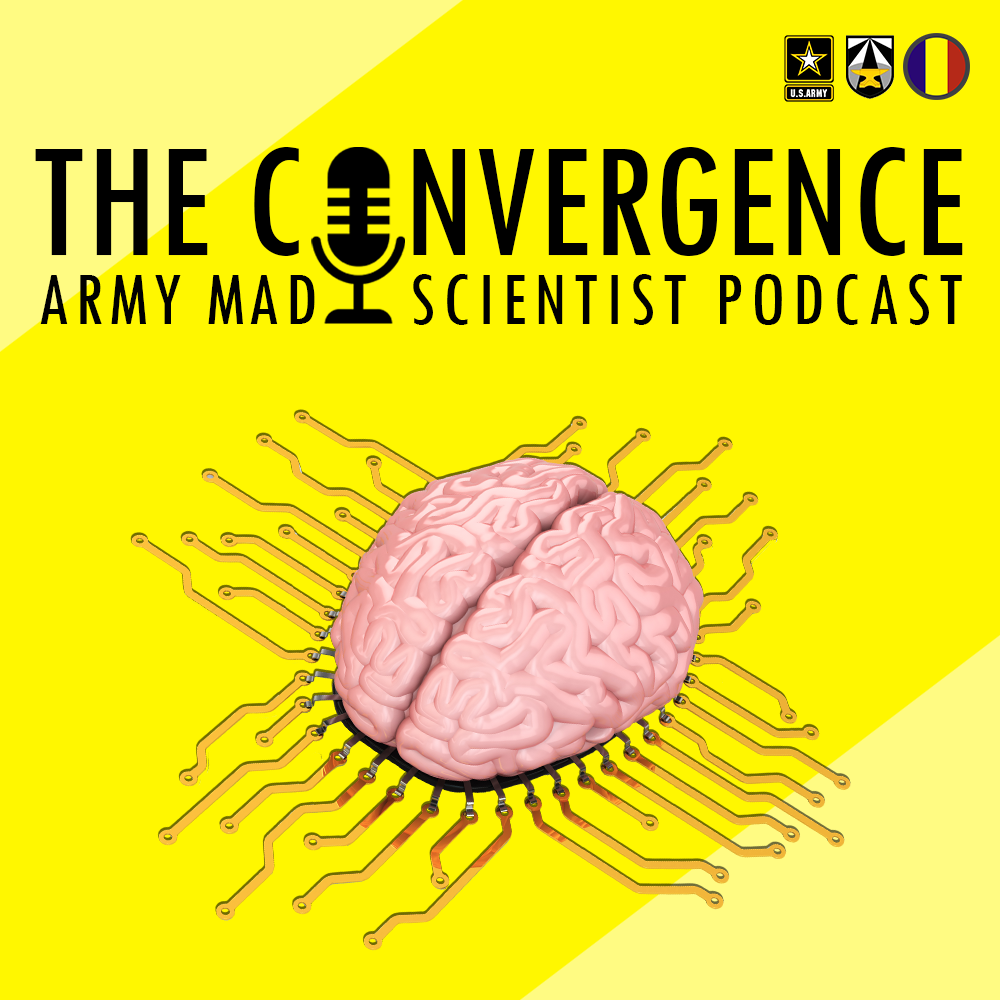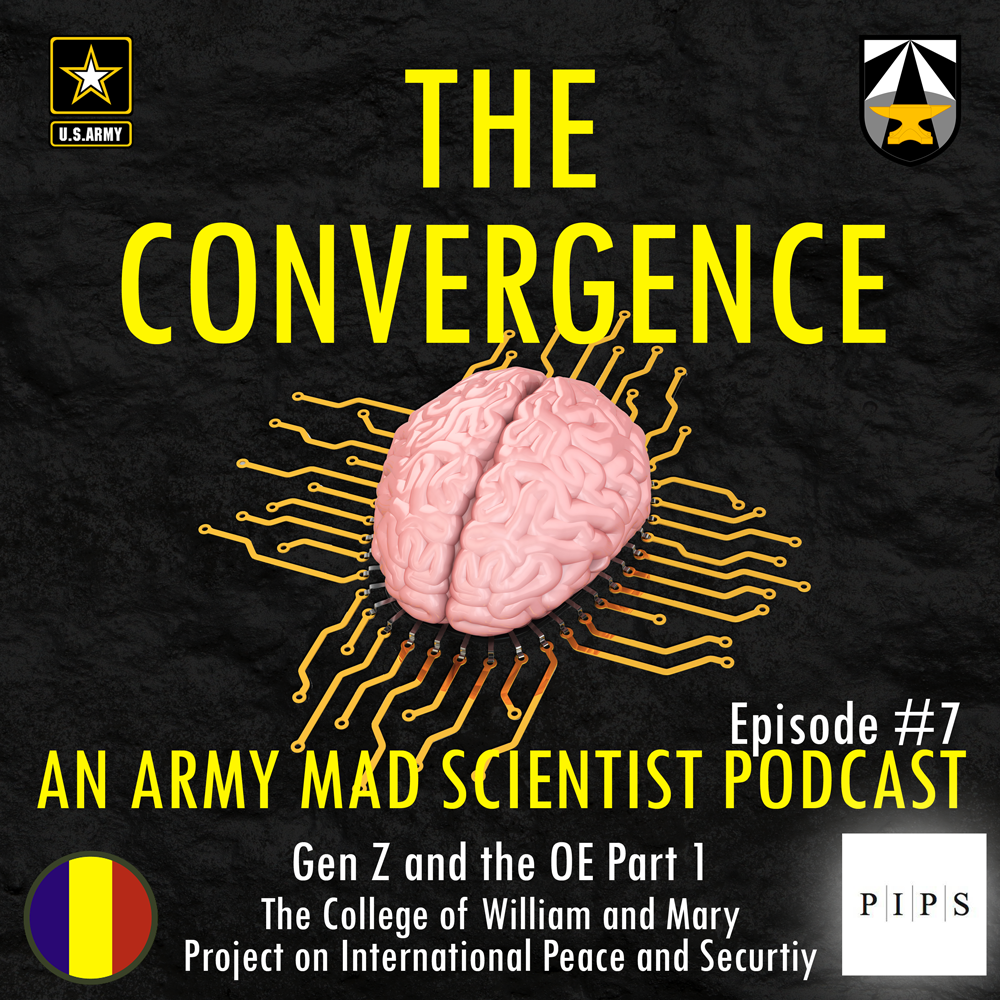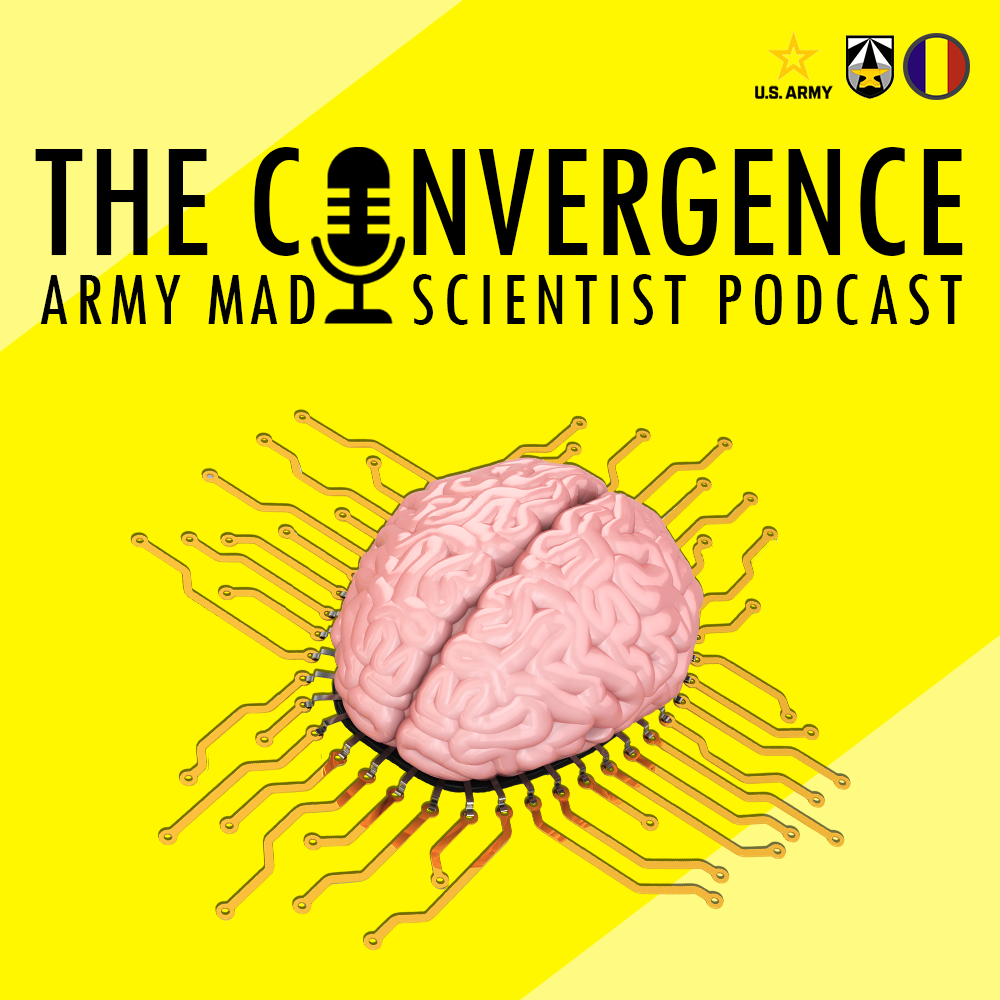In the fifth episode of “The Convergence” we talk to Zachery Tyson Brown, who is an Army veteran, analyst, consultant for the DoD, and Security fellow at the Truman National Security Project. Zach is a career intelligence officer now working at the intersection of emerging technologies, organizational structures, and strategic competition. Zach is most recently a graduate of the National Intelligence University, where his thesis, Adaptive Intelligence for an Age of Uncertainty, was awarded the LTC Michael D. Kuszewski Award for Outstanding Thesis on Operations-Intelligence Partnership.
In this episode, we discuss conflict and competition, how to create intelligence from the onslaught of data, and structural and process changes to the Intelligence Community (IC).
Highlights from the conversation:
We have all this data that the IC collects. We spend billions of dollars on it every year, and a lot of it is left on the cutting room floor.
We have a clog in the system that gets worse as the amount of information out there keeps increasing and we still have this outdated mechanism of delivery…we can’t keep pace with the volume of information that’s growing out there every day.
The amount of data out there is going to very rapidly, probably already has, eclipse the ability of un-augmented humans to keep up with it.
I really think we have to disaggregate that whole system. Move about to a federated sort of network architecture. Push autonomy down to the units at the forward edge of the battle area.
We’re not focusing on that competition aspect involving the whole of government to use another buzzword. The commerce, treasury, state department. Because that information space is where the competition is happening today and it’s not just information it’s manipulation of public awareness and psychology.
Now we have ISIS propagandists, the guys on Twitter that are like recruiting or spreading messages, and those guys are targets of kinetic strikes now because they’re considered to be combatants in that information space.
One of the reasons, again, where I think we have to rethink this whole structure of the way we do interagency coordination, decision making at the national level, [is] because it’s too slow to keep up with the pace of emergent threats today.
I really believe we are living through a revolutionary era and we have to question all the assumptions we’ve kind of inherited from the past couple hundred years.

[Editor’s Note: Army Mad Scientist is pleased to present our latest episode of The Convergence podcast, featuring our interview with proclaimed Mad Scientist Jason...

In this latest episode of “The Convergence,” we talk to research fellows from The College of William and Mary’s Project on International Peace and...

“We have craft that defy physics as we know it and are moving at speeds that are at least a hundred times faster than...